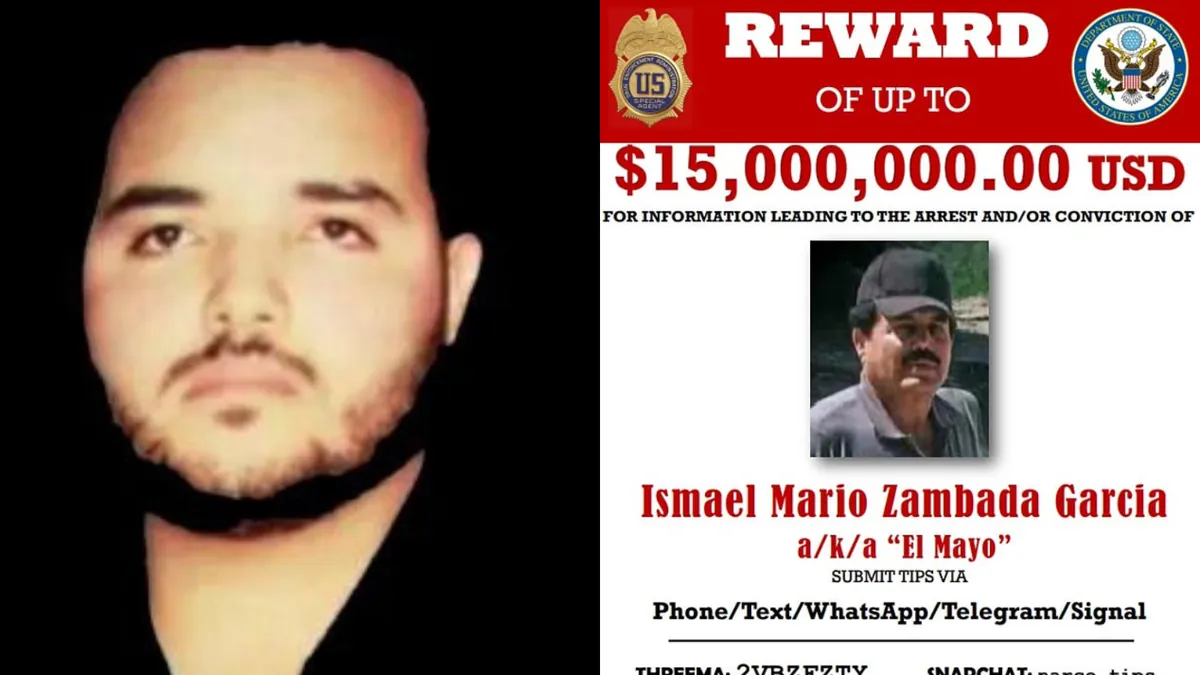In a startling development, Ismael "El Mayo" Zambada, a prominent figure in Mexico's drug trade, has claimed he was ambushed and covertly transported to the United States. This revelation comes in the wake of his arrest, along with a son of Joaquín "El Chapo" Guzmán, approximately two weeks ago near El Paso.
The apprehension of these individuals has been hailed as a significant setback for the Sinaloa cartel, an organization with a history dating back to the late 1980s. Known for its extensive influence, the cartel has been a major supplier of illicit substances to the United States, including the highly dangerous fentanyl.
Zambada, who has been involved in drug trafficking since the 1970s, refutes suggestions that he surrendered voluntarily. Instead, he alleges that he fell victim to a scheme orchestrated by El Chapo's son, Joaquín Guzmán. This accusation underscores a growing rift within the cartel's leadership, potentially signaling a shift in the organization's power dynamics.
The 76-year-old Zambada recounts being invited to a meeting on July 25, 2024, ostensibly to mediate a dispute concerning the leadership of the Autonomous University of Sinaloa. He claims that upon arrival, he was assaulted, hooded, and forcibly transported to the United States.
"A group of men assaulted me, knocked me to the ground, and placed a dark-colored hood over my head."
This incident highlights the complex interplay between drug cartels and political figures in Mexico. The Sinaloa cartel, known for its sophisticated operations including the use of tunnels for drug smuggling and advanced technology for communications, has long been accused of maintaining close ties with politicians.
The arrest of Zambada and Guzmán marks a significant milestone in the ongoing efforts to dismantle the Sinaloa cartel's operations. With a presence reported in over 50 countries and involvement in various criminal activities beyond drug trafficking, the impact of these arrests could be far-reaching.
As tensions rise within the cartel, concerns about potential violent repercussions have emerged. However, Zambada has called for peace, stating, "Nothing can be solved by violence." This plea comes at a critical juncture, as the cartel faces one of its most significant challenges in recent years.
The unfolding situation continues to raise questions about the future of the Sinaloa cartel and the broader landscape of drug trafficking in Mexico and beyond. As investigations proceed, the full implications of these arrests and the alleged betrayal within the cartel's ranks remain to be seen.
